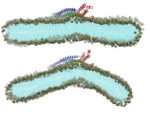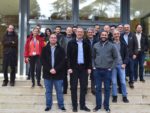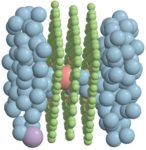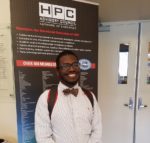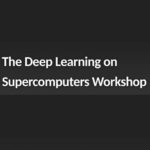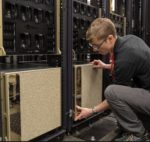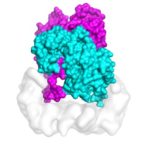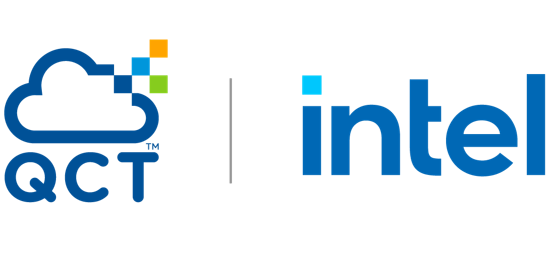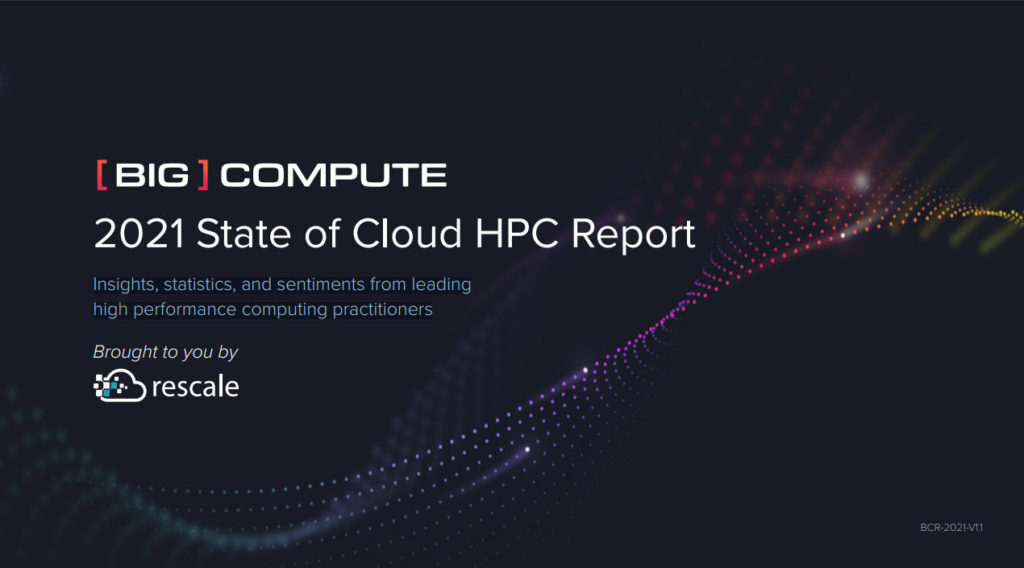This webinar is the pre-conference for the 2020 HPC-AI competition where we will discuss the HPC and AI technology trend, introduce the competition programs and optimization direction, as well as competition experience sharing from the previous winner. HPC and AI supercomputers are the essential tools we need to conduct research, enable scientific discoveries, design new […]
Search Results for: supercomputers
XSEDE Supercomputers Complete Simulations Pertinent to coronavirus, DNA Replication
Fundamental research supported by XSEDE supercomputers could help lead to new strategies and better technology that combats infectious and genetic diseases. “Chemical reactions, life, doesn’t happen that quickly,” Roston said. “It happens on a timescale of people talking to each other. Bridging this gap in timescale of many, many orders of magnitude requires many steps in your simulations. It very quickly becomes computationally intractable.”
Podcast: Supercomputers Drive Ion Transport Research
In this TACC podcat, host Jorge Salazar discusses ion transport research with Amir Haji-Akbari, an assistant professor of chemical and environmental engineering at Yale University. “Scientists are using supercomputers to help understand the relatively rare event of salts in water passing through atomically-thin nanoporous membranes. This research could not only help make progress in desalination for fresh water; it has applications in decontaminating the environment, better pharmaceuticals, and more.”
Stanford Student Program Gives Supercomputers a Second Life
A novel program at Stanford is finding a second life for used HPC clusters, providing much-needed computational resources for research while giving undergraduate students a chance to learn valuable career skills. To learn more, we caught up with Dellarontay Readus from the Stanford High Performance Computing Center (HPCC).
Podcast: Simulating Galaxy Clusters with XSEDE Supercomputers
In this TACC podcast, researchers describe how they are using XSEDE supercomputers to run some of the highest resolution simulations ever of galaxy clusters. One really cool thing about simulations is that we know what’s going on everywhere inside the simulated box,” Butsky said. “We can make some synthetic observations and compare them to what we actually see in absorption spectra and then connect the dots and match the spectra that’s observed and try to understand what’s really going on in this simulated box.”
Call for Papers: Deep Learning on Supercomputers workshop
The Deep Learning on Supercomputers workshop has issued its Call for Papers. The event takes place June 25 as part of ISC 2020 in Frankfurt, Germany. “The workshop provides a forum for practitioners working on any and all aspects of DL for scientific research in the High Performance Computing context to present their latest research results and development, deployment, and application experiences. The general theme of this workshop series is the intersection of DL and HPC, while the theme of this particular workshop is centered around the applications of deep learning methods in scientific research: novel uses of deep learning methods, e.g., convolutional neural networks (CNN), recurrent neural networks (RNN), generative adversarial network (GAN), and reinforcement learning (RL), for both natural and social science research, and innovative applications of deep learning in traditional numerical simulation.”
Podcast: A Codebase for Deep Learning Supercomputers to Fight Cancer
In this Let’s Talk Exascale podcast, Gina Tourassi from ORNL describes how the CANDLE project is setting the stage to fight cancer with the power of Exascale computing. “Basically, as we are leveraging supercomputing and artificial intelligence to accelerate cancer research, we are also seeing how we can drive the next generation of supercomputing.”
Microway Deploys NVIDIA DGX-2 supercomputers at Oregon State University
Microway has deployed six NVIDIA DGX-2 supercomputer systems at Oregon State University. As an NVIDIA Partner Network HPC Partner of the Year, Microway installed the DGX-2 systems, integrated software, and transferred their extensive AI operational knowledge to the University team. “The University selected the NVIDIA DGX-2 platform for its immense power, technical support services, and the Docker images with NVIDIA’s NGC containerized software. Each DGX-2 system delivers an unparalleled 2 petaFLOPS of AI performance.”
XSEDE Supercomputers Advance Skin Cancer Research
In this TACC podcast, UC Berkeley scientists describe how they are using powerful supercomputers to uncover the mechanism that activates cell mutations found in about 50 percent of melanomas. “The study’s computational challenges involved molecular dynamics simulations that modeled the protein at the atomic level, determining the forces of every atom on every other atom for a system of about 200,000 atoms at time steps of two femtoseconds.”

